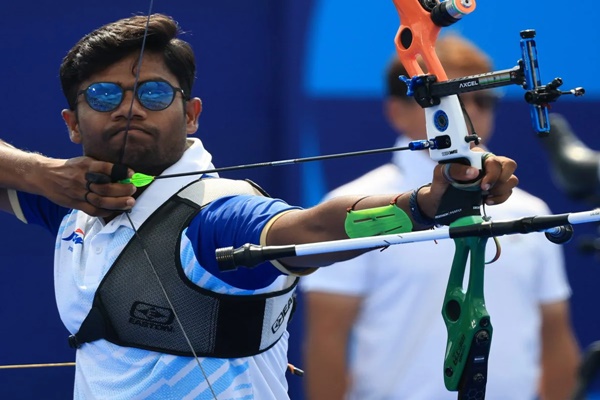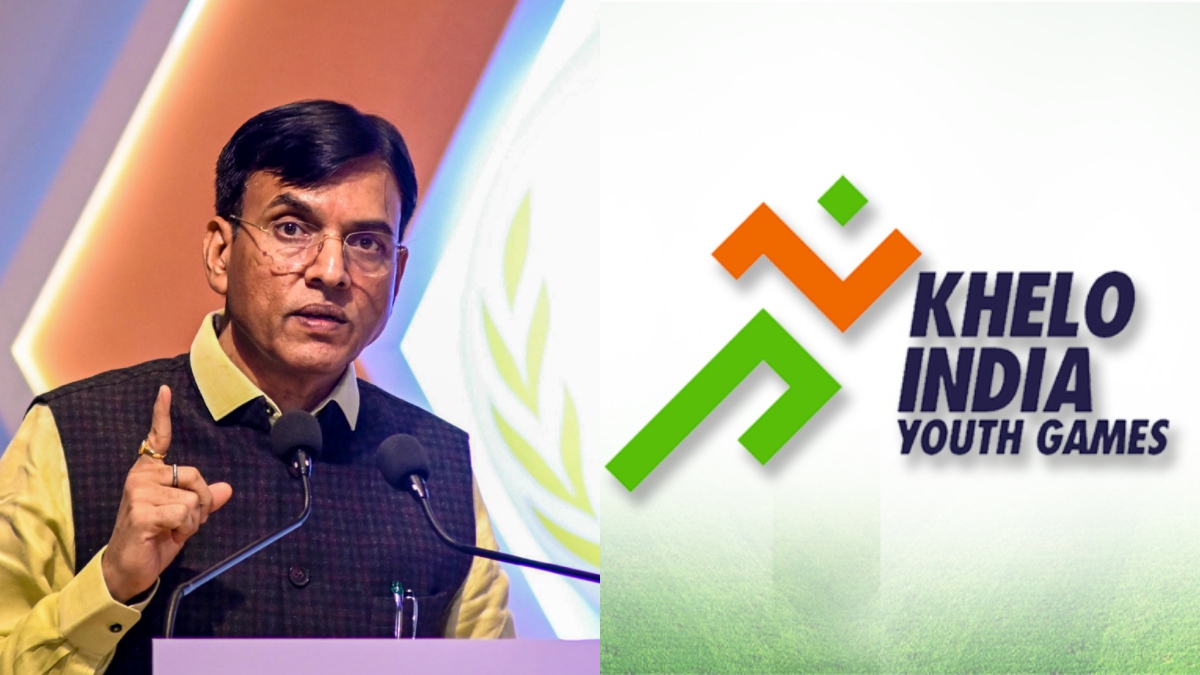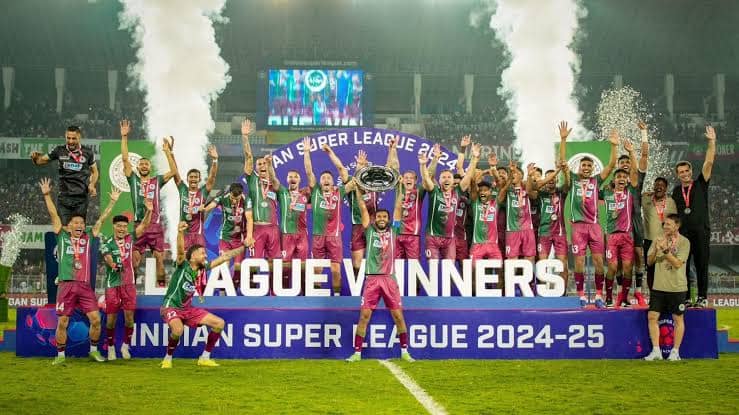Jadeja and Yadav - Two Silent Heroes of Virat Kohli Team
Mon 13 Mar 2017, 20:37:29

Often, in the hype and sound of a winning cricket team, few men get well-deserved recognition and applause for their efforts. So, in this Virat Kohli-led Indian team, which has done wonders in recent times, apart from Virat Kohli himself, the new run machine of world cricket, R Ashwin has been on the forefront of all the victories.
As the leader of the team, Virat has ensured that the batting unit has built the platform. Ashwin, on the other hand, has gone there and helped his team to finish the tough task of taking 20 wickets to win the Test match. Then there is Ajinkya Rahane and Cheteshwar Pujara, like two bass guitarists of this band, who have done their job to perfection.
And when required, they have even helped their team to stay in the rhythm of victory.
Cricket is a game played by eleven, won by eleven, and often lost by eleven. But despite being a team game, cricket always has a place for individual battles and gallantry. Along with the wins and losses, personal scores of batsmen and bowlers are widely discussed, debated and cherished.
A century and a five wicket haul will make a rightful noise, and has the potential to be celebrated. But in these beautiful melodies of triumph, few silent heroes and their contribution in these tunes often go unnoticed.
Their two wickets at a crucial time, 40 odd runs at a critical juncture of the innings, and those five maiden overs to squeeze the life out of the batsmen from one end plays a pivotal role in the making of these great winning encores.
Ravindra Jadeja
Jadeja, or Jaddu as he is fondly called, comes and bowls in one area, ball after ball, over after over, day after day, match after match and year after year. And it's so seamless and simple that it is hard to find anything special in it. But ask the batsmen who face him - he chokes them and squeezes them to doom. He lures them with subtle variations in his loop, angles and trajectories. His skill and
variety is hardly perceptible.
variety is hardly perceptible.
He won't turn long, but just about enough to the take the edge of the bat, or beat the face of the bat to finds you plum in front of the stumps. Thanks to his amazing consistency with line and length, he has always been a good bowler on a turning track. But now with age, experience, and confidence, he has become the miserly master of the team.
On a good batting wicket, his job is to control the innings and keep a check on the scorecard, so batsmen would stop taking chances on the other end, and give away their wickets. Ask Ashwin, and he would happily agree about the role Jadeja has played in his success. Unlike his partner in crime, he won't go in detail about his craft. He is rather happy to talk about his horses and farms in Jamnagar.
Umesh Yadav
Almost seven years ago, a young lanky pace bowler from the plate division team of Nagpur was making rapid strides in Indian cricket. Son of a coal mine worker, Umesh had raw pace and energy to bowl long spells, and that too, at the consistent pace of over 140 kmph. Since then, he has gone through many upheavals, to emerge fitter, wiser and stronger - without the expense of losing any pace.
In South Africa's tour of India 2015, the Delhi Test was heading towards a draw. The Indian team tried everything on that low and slow wicket of Kotla on day five of the match, but the Proteas still managed to block everything.
Then the captain brought back Yadav, and in a spell of four overs, with his sharp reverse swing, he changed the course of the match. He took three wickets and broke the resilience of the South Africans. Since then, he has become the 'go to' bowler of his captain.
Wherever and whenever Kohli wants a breakthrough, considering the docile and dead tracks of India, he has looked towards Umesh, who has never disappointed his captain.
He is probably one of the fittest players in the team. Yes, as fit as Virat.
No Comments For This Post, Be first to write a Comment.
Most viewed from Cricket
Most viewed from Sports
AIMIM News
Latest Urdu News
Most Viewed
May 26, 2020
Do you think Canada-India relations will improve under New PM Mark Carney?
Latest Videos View All
Like Us
Home
About Us
Advertise With Us
All Polls
Epaper Archives
Privacy Policy
Contact Us
Download Etemaad App
© 2025 Etemaad Daily News, All Rights Reserved.




.jpg)

.jpg)












